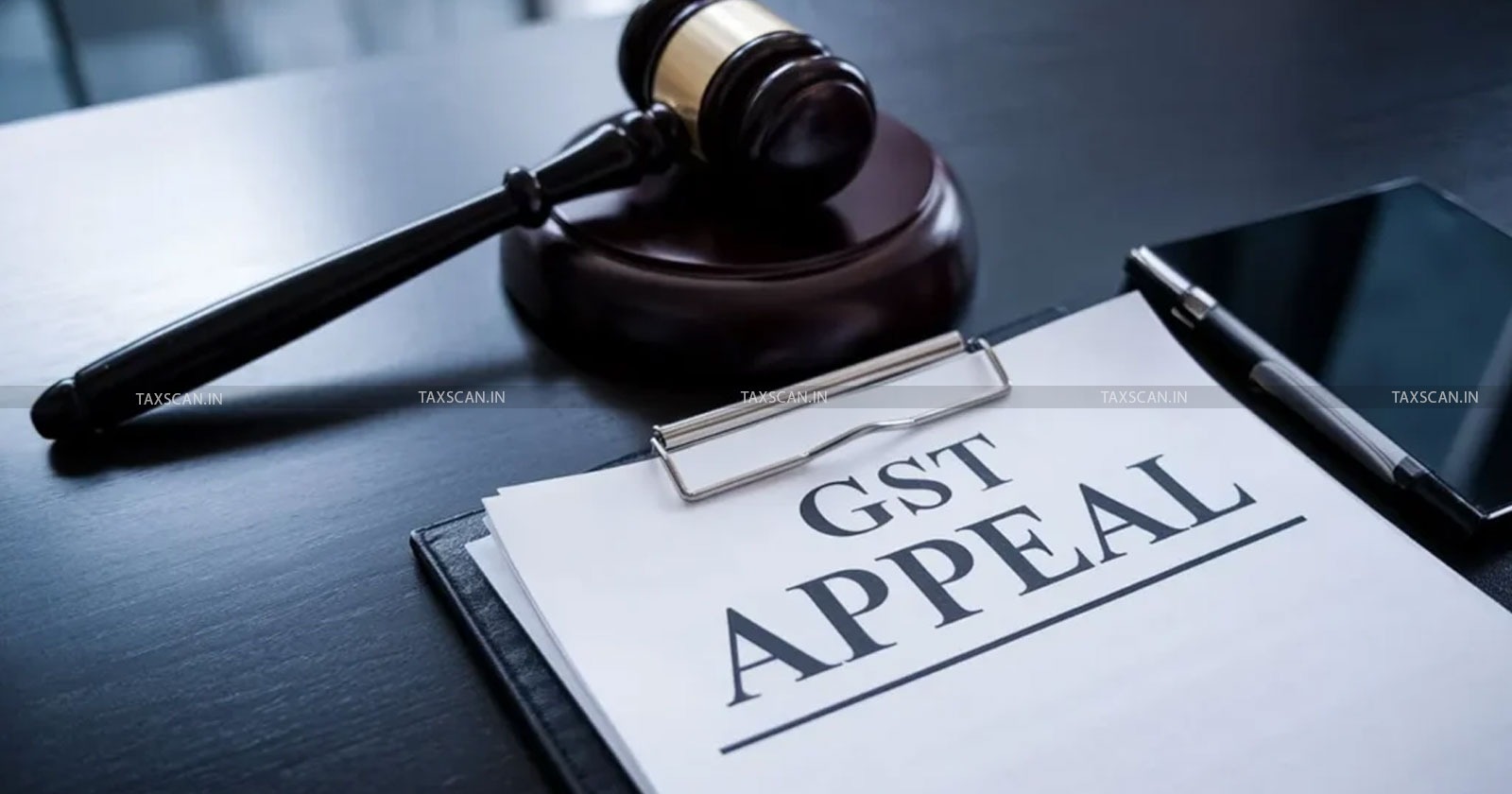Composite GST Assessment Order Invalid: AP HC Quashes Single Order Covering Multiple Tax Periods [Read Order]
The Bench noted that under the GST Act, each financial year or tax period constitutes a distinct unit of assessment, and therefore, a single composite order for multiple years is impermissible.
![Composite GST Assessment Order Invalid: AP HC Quashes Single Order Covering Multiple Tax Periods [Read Order] Composite GST Assessment Order Invalid: AP HC Quashes Single Order Covering Multiple Tax Periods [Read Order]](https://images.taxscan.in/h-upload/2025/10/13/2096190-high-court-gst-order-taxscan.webp)
The Andhra Pradesh High Court has held that a composite GST ( Goods and Services Tax ) assessment order passed for multiple tax periods is invalid in law.
The Court quashed the order-in-original dated 18 April 2024 passed under Section 74 of the CGST and APSGST Acts, 2017, which covered four distinct tax periods 2018-19, 2019-20, 2020-21, and 2021-22, through a single consolidated order.
The petitioner, M/s. Shri Vannappa Boya, a proprietor-based business in Anantapur District, was served with an order of assessment dated 18 April 2024 by the Assistant Commissioner of Central Tax, covering multiple assessment years. The order demanded tax, interest, and penalty under Section 74, alleging that the petitioner had failed to discharge tax liabilities for the said periods.
3000 Illustrations, Case Studies & Examples for Ind-AS & IFRS, Click Here
Aggrieved, the petitioner challenged the composite order before the High Court, arguing that separate assessment orders are required for each distinct tax period under the GST Act.
The petitioner also contended that the proceedings were partly barred by limitation and that the invocation of Section 74 was arbitrary since there was no element of tax evasion or fraudulent intent.
During the hearing, counsel for the petitioner Sri G. Narendra Chetty relied on a previous judgment of the same Court dated 17 September 2025 in W.P. No. 11028 of 2025 and batch, where the Andhra Pradesh High Court had held that a single composite order cannot be passed for multiple tax periods, as each assessment year is distinct in nature and must be dealt with independently.
On the other hand, the Government’s Standing Counsel Smt. D. Nagaraja Kumari defended the assessment, asserting that the proceedings under Section 74 were properly initiated and that the petitioner’s objections were without legal merit. She argued that the authority had jurisdiction to issue a consolidated order in the interest of administrative efficiency.
 Also Read:Authorities Must Not Adopt Hyper-Technical Approach in Tax Matters: Jharkhand HC Quashes Rejection of GST Appeal for Non-Submission of Certified Copies [Read Order]
Also Read:Authorities Must Not Adopt Hyper-Technical Approach in Tax Matters: Jharkhand HC Quashes Rejection of GST Appeal for Non-Submission of Certified Copies [Read Order]
Complete practical guide to Drafting Commercial Contracts, Click Here
The Division Bench comprising Justice R. Raghunandan Rao and Justice T.C.D. Sekhar refused to enter into the merits of the tax demand or the invocation of Section 74, holding that the impugned assessment order was procedurally flawed and contrary to law.
The Bench noted that under the GST Act, each financial year or tax period constitutes a distinct unit of assessment, and therefore, a single composite order for multiple years is impermissible. The Court observed that the assessment authority had acted contrary to statutory provisions by clubbing several tax years together in one proceeding.
Accordingly, the High Court set aside the composite assessment order dated 18 April 2024 and remanded the matter to the assessing authority for passing fresh assessment orders separately for each tax period in accordance with law.
The Court also clarified that the petitioner would be at liberty to raise all available objections, including those relating to limitation and jurisdiction, during the fresh assessment proceedings.
Support our journalism by subscribing to Taxscan premium. Follow us on Telegram for quick updates


